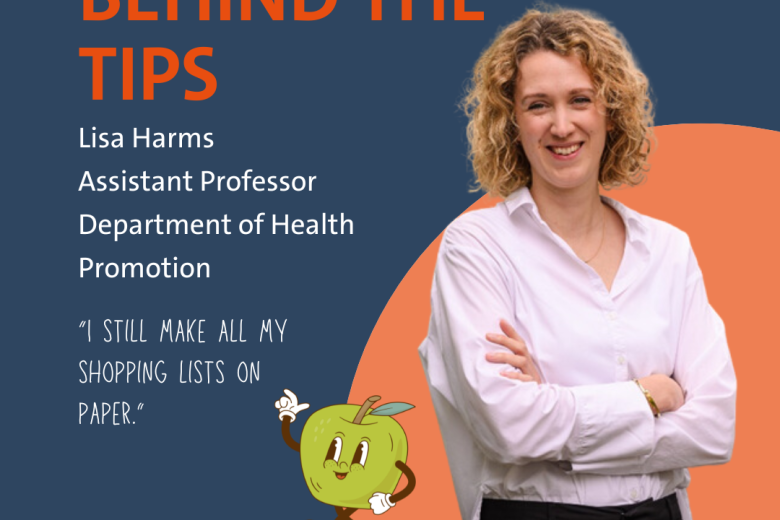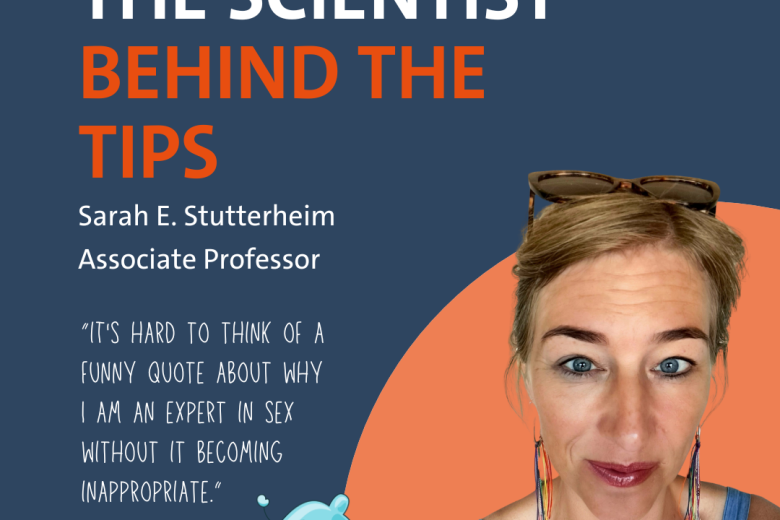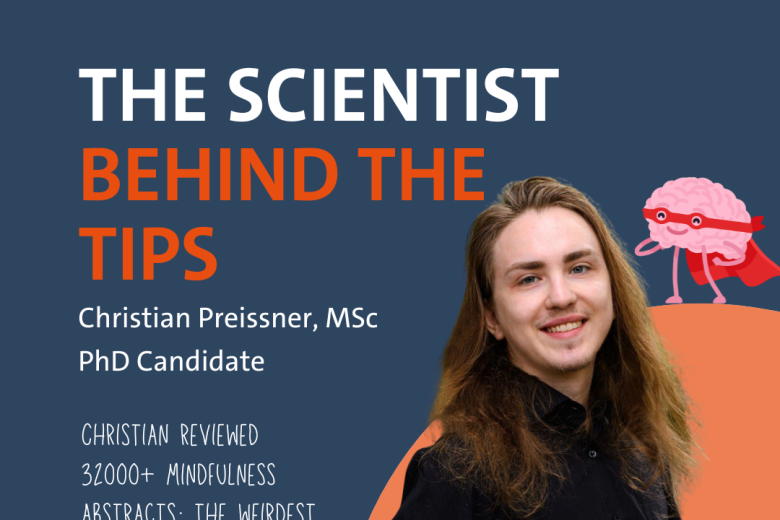Bibi, technical service specialist at Medtronic
After obtaining a bachelor’s degree in Biometrics, Bibi Teeuwen was looking for a master with a focus on the nervous system and brain. This happened to be the same year that the master’s programme Biomedical Sciences added its sixth specialisation ‘Neuromodulation’1. The new specialisation caught Bibi’s attention during a Master’s Open Day. She applied and became one of the first students to graduate in Neuromodulation.
“The brain and the nervous system have always interested me”, Bibi explains. “Neuromodulation looks at the technology that directly stimulates the nerves to relieve the patient from symptoms. This sounded like groundbreaking work and I wanted to learn more about it”.
During her one-year internship, Bibi had the opportunity to work on a research project that focused on sacral neuromodulation. An electrical stimulation therapy that can have a positive effect on patients with an overactive bladder. Bibi still remembers the multidisciplinary approach: “This project was a collaboration between the department of Urology at MUMC+, the research school for Mental Health and Neuroscience at FHML and the MRI center Scannexus. I worked with all these stakeholders and came into contact with healthy participants and participants who suffered from an overactive bladder, so I learned a lot by working in the field.”
Biomedical Sciences (BMS) students have a lot of freedom in choosing their internship projects. Sacral neuromodulation is a relatively unknown research field, but can have an enormous impact on the quality of life of the patient, that’s why Bibi chose to work on that project after talking with a PBL-tutor and one of her professors in the field.
Bibi was most impressed by Scannexus. “Scannexus has an Ultra-High-Field MRI scanner with a 9.4Tesla magnet, which is a 50 ton magnet, sited in a 600 ton iron room. This MRI-scanner can create very detailed images of the brain. And all this is at walking distance from the faculty!”
If Bibi had to choose a specialisation again, she would still choose Neuromodulation. “But the master’s programme itself and the staff are so interesting and nice, I would recommend BMS to anyone, regardless of the specialisation you would like to follow. Maastricht University is also very cozy; there is a lot of close contact with other students and staff. The Problem-Based Learning method allows you to work on projects with a small team of students, instead of sitting in a study hall with 200 other students. This really enables problem solving skills and prepares you for the labour market, where you also have to work with multiple teams.”
After graduating in Neuromodulation, Bibi started working at Medtronic as a technical service specialist. Medtronic is a global organisation that develops and manufactures medical devices and therapies to treat chronic diseases. “There are three main tasks that I work on: product lifecycle management, training and technical support.” Bibi supports neuromodulation, Ear-Nose and Throat and cranial spinal technology devices. If a new product launches in one of these product groups, Bibi facilitates the set-up of service-related elements. “This task mainly consists of facilitating discussion around service related elements and making sure all stakeholders are aligned on each other’s requirements. As well as informing stakeholders on the actions linked to these requirements.”
Currently, Bibi and her team members are working on process improvement to scale up processes to include multiple regions, globally. “For example, the process to launch a new device will be standardised across the globe and will incorporate all different regional requirements, and laws. Having a standardised way of working, will lead to less double work.”
Bibi does not have the first job that comes in mind for a BMS graduate. Yet, Bibi is very happy with her job and wants to emphasize that studying BMS does not necessarily mean working in research/lab settings. She encourages students to also look for job opportunities outside of academia. “The skills that you are taught during a master’s programme are also very useful outside of academia. Don’t think about your diploma as a whole, but think of it as a set of skills and link it to your interests. If you find a job opportunity, let the employer know what skills you have, how these skills could benefit them and what it is you expect to learn from the job. This could be anything, like lean six sigma, project management or data crunching. Your first job also doesn’t have to be your dream job, just be honest and let employers know what you would like to achieve in the future.”
1 The other specialisations of Biomedical Sciences are Nutrition, Physical Activity and Metabolism, Regenerative Medicine, Genetics and Genomics, Biomedical imaging, Inflammation and Pathophysiology.

Also read
-
Evidence-based health tips for students: supermarket psychology
In the upcoming months, we’ll share tips on Instagram for our students on how to live a healthier life. Not just a random collection, but tips based on actual research happening at our faculty. The brains behind this idea are L ieve Vonken and Gido Metz, PhD candidates at CAPHRI, the Care and Public...
-
Evidence-based health tips for students: the science of love and sex
In the upcoming months, we’ll share tips on Instagram for our students on how to live a healthier life. Not just a random collection, but tips based on actual research happening at our faculty. The brains behind this idea are L ieve Vonken and Gido Metz, PhD candidates at CAPHRI, the Care and Public...
-
Evidence-based health tips for students: the science of mindfulness
In the upcoming months, we’ll share tips on Instagram for our students on how to live a healthier life. Not just a random collection, but tips based on actual research happening at our faculty. The brains behind this idea are L ieve Vonken and Gido Metz, PhD candidates at CAPHRI, the Care and Public...